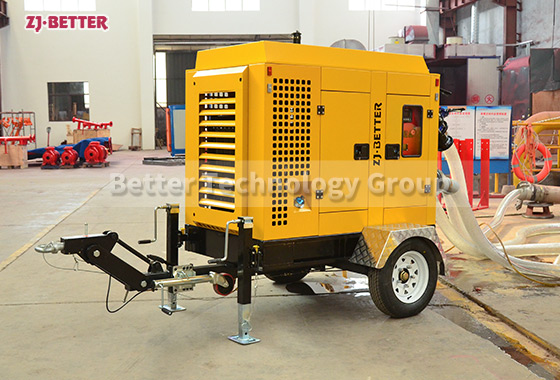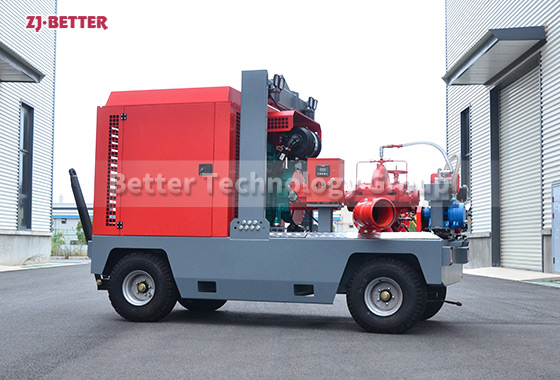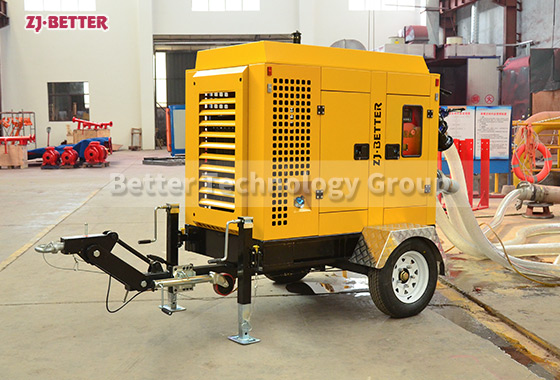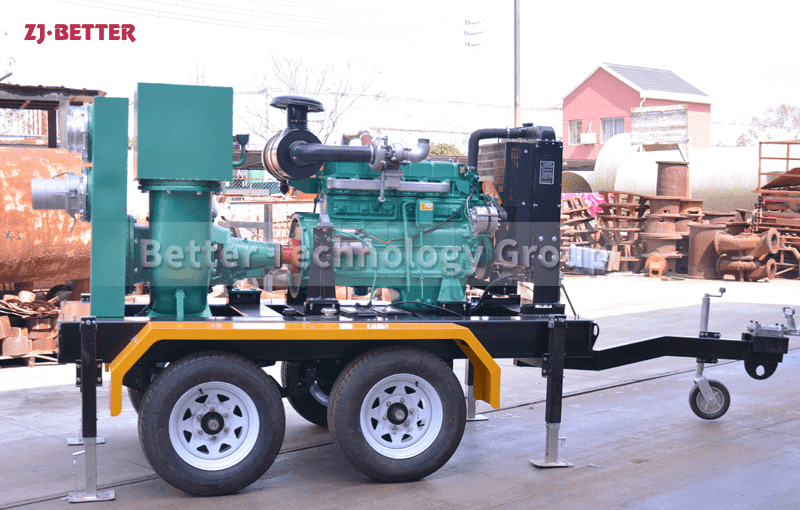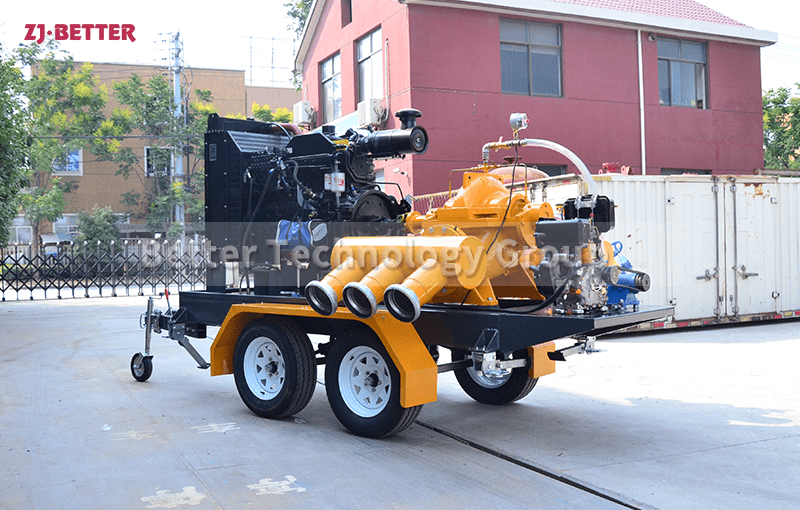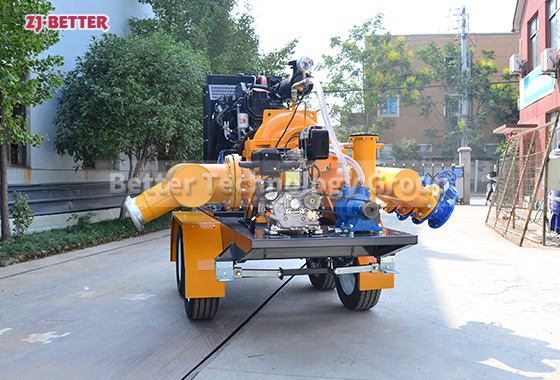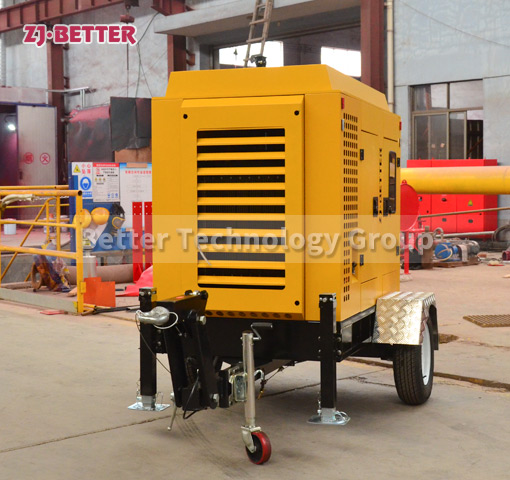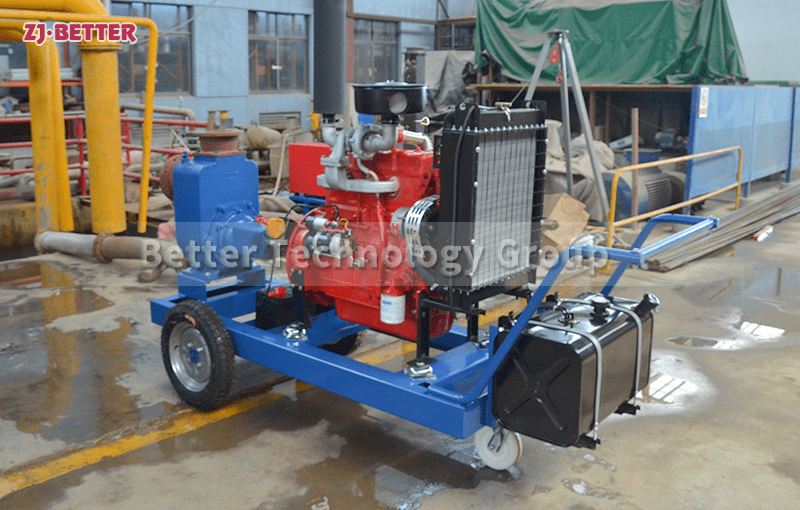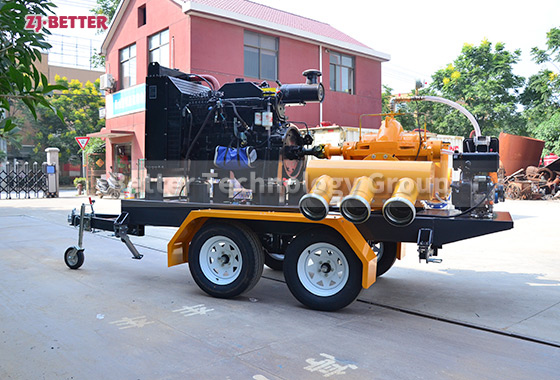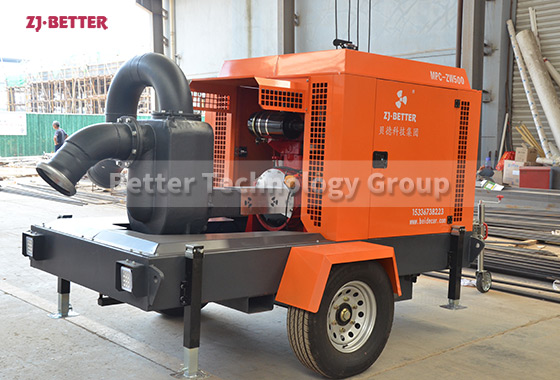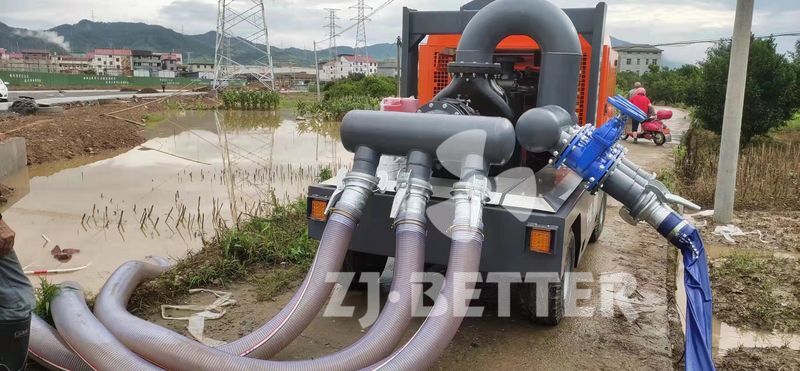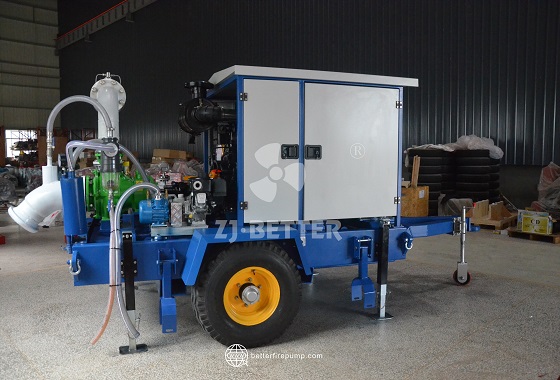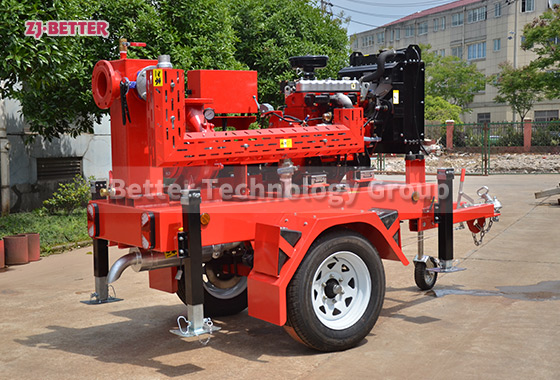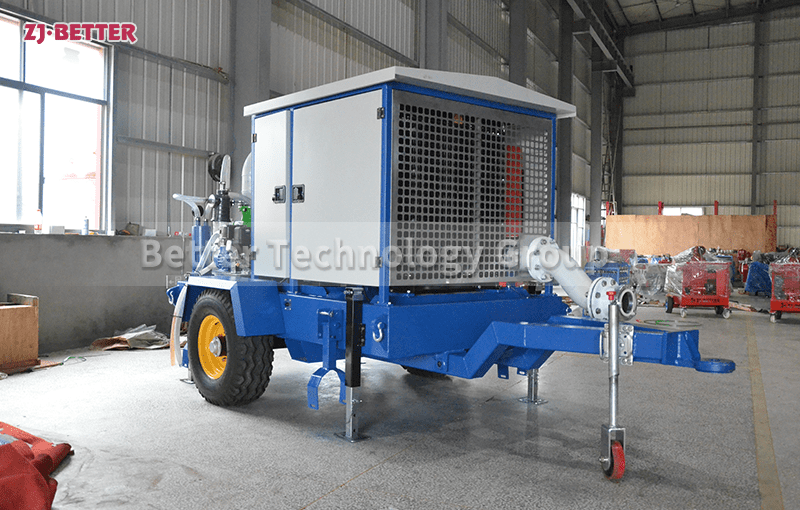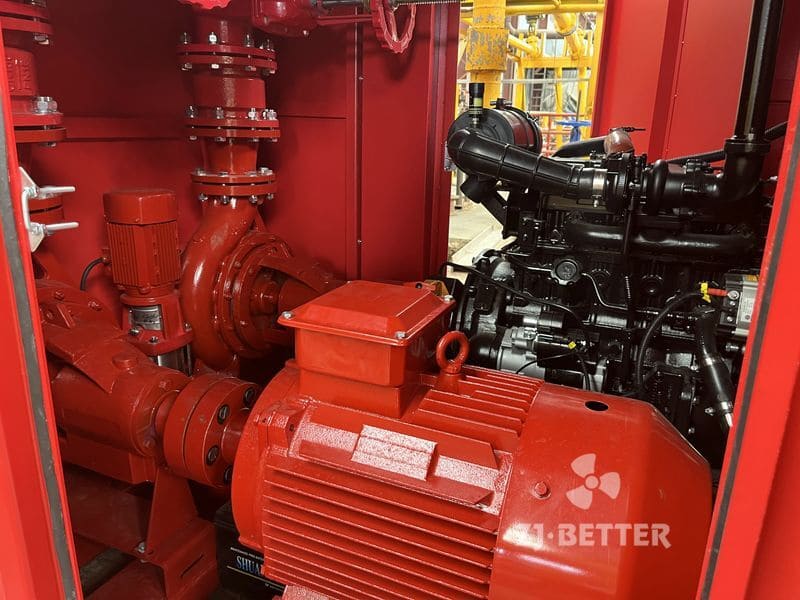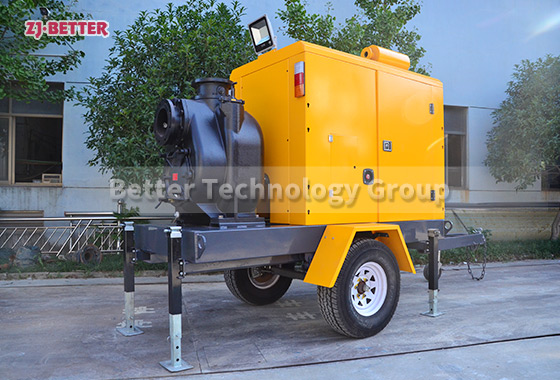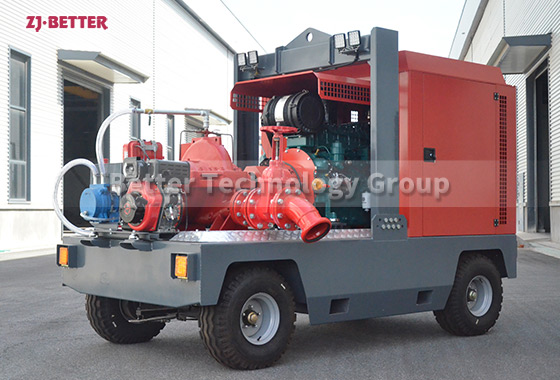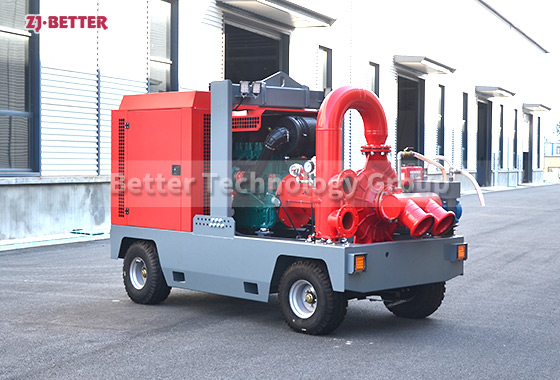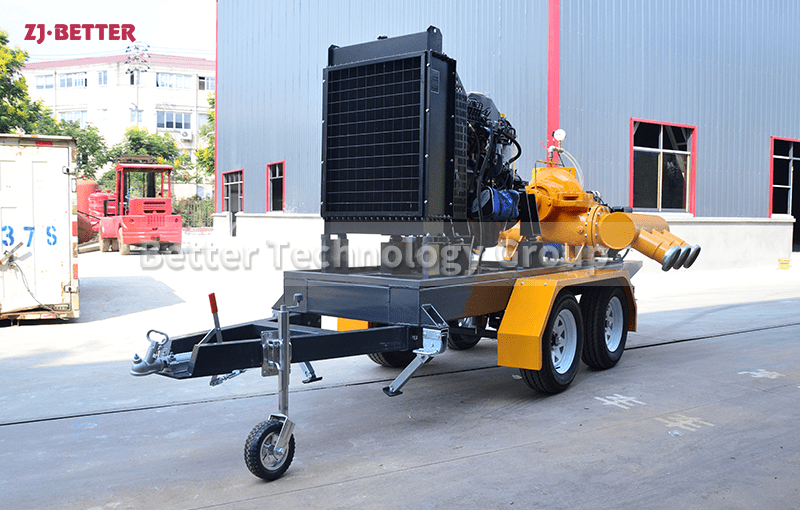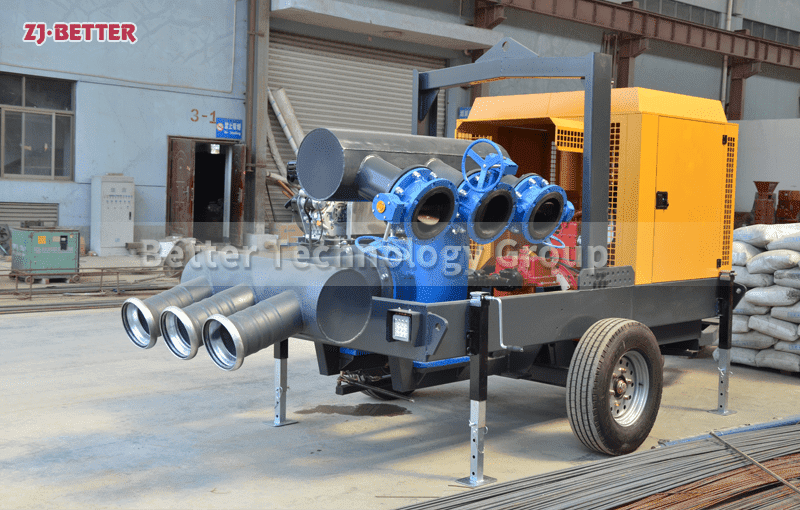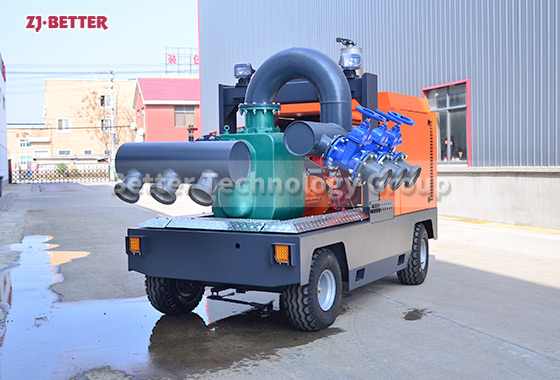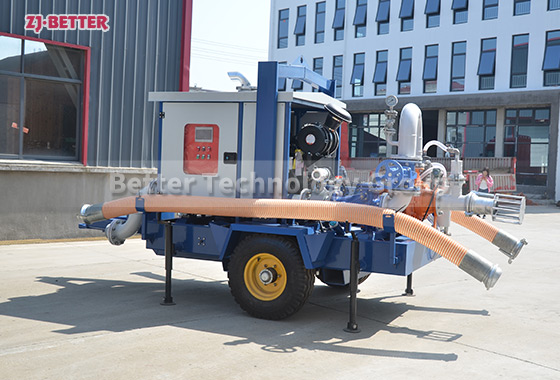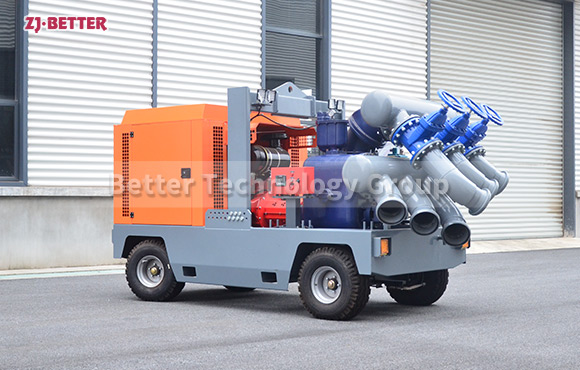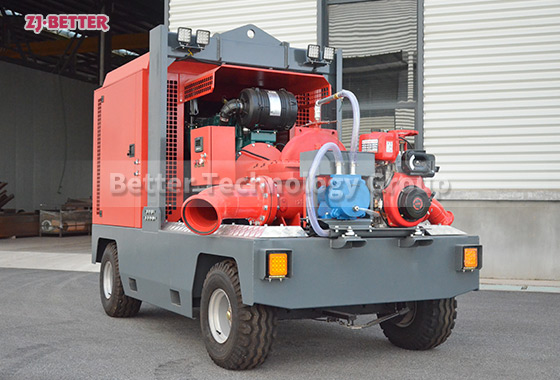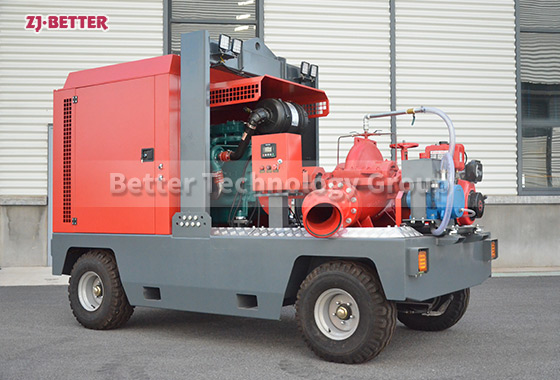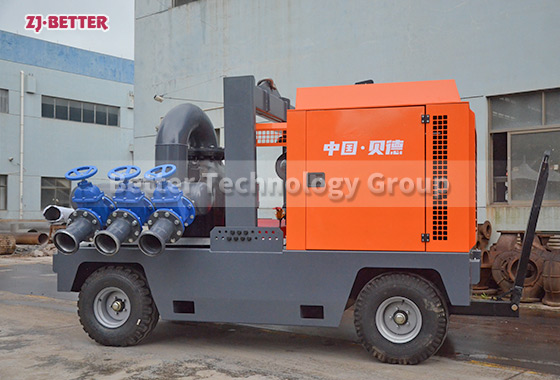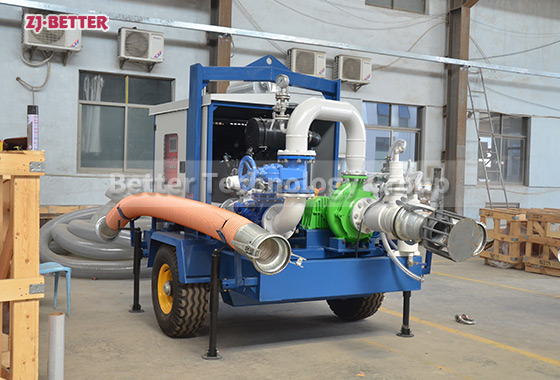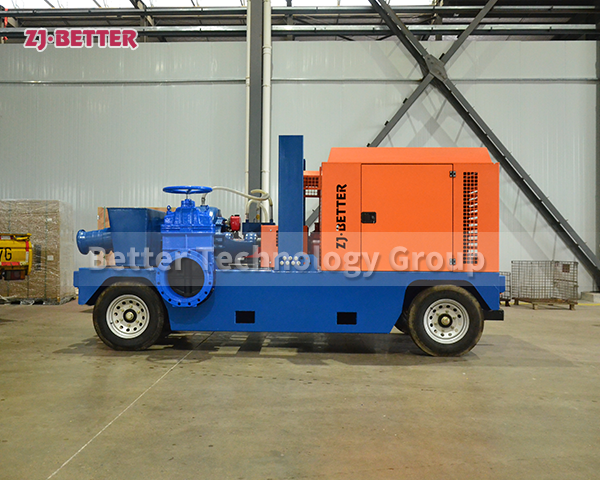Home » Mobile pump » How often should mobile pump unit be tested?
How often should mobile pump unit be tested?
The frequency of testing a mobile pump unit depends on several factors, including its intended use, the environment it operates in, and any relevant regulations or guidelines that apply. Here are some general recommendations for testing a mobile pump unit:
Contact US
Get Price
Share:
Previous:
How does the mobile pump unit work?
Content
- Regular Inspection: Perform a visual inspection of the pump unit before each use. Check for any signs of damage, leaks, worn-out components, or loose connections. Make sure all safety features and controls are functioning properly.
- Pre-Season Inspection: Before the start of a specific season or period of heavy use (e.g., firefighting season, irrigation season), conduct a more thorough inspection of the pump unit. This could involve checking the engine, fuel system, pump components, and all electrical and mechanical systems.
- Routine Testing: Depending on the frequency of use and the critical nature of the application, routine testing should be conducted at regular intervals. This could range from monthly to quarterly tests, especially if the pump unit is used frequently or in demanding conditions.
- Performance Testing: Periodically, conduct performance tests to ensure that the pump unit is delivering the desired flow rate and pressure. This might involve measuring flow rates and pressures at different points in the system and comparing them against the specifications.
- Emergency Testing: If the pump unit is intended for emergency applications (e.g., firefighting), it’s crucial to test it more frequently, perhaps on a weekly or bi-weekly basis, to ensure it’s ready for immediate use when needed.
- After Maintenance or Repairs: Anytime the pump unit undergoes maintenance, repairs, or component replacements, it should be thoroughly tested before being put back into service. This ensures that the repairs were successful and the unit is operating as intended.
- Adherence to Regulations: Depending on your location and the industry you’re using the pump unit in, there might be regulations or standards that specify testing frequencies. For example, firefighting equipment might need to adhere to specific testing schedules outlined by fire departments.
- Manufacturer’s Recommendations: Refer to the manufacturer’s guidelines and recommendations for testing intervals. Manufacturers often provide maintenance schedules and recommended testing frequencies to ensure optimal performance and longevity.
- Documentation: Keep a detailed record of all testing and maintenance activities. This documentation can help you track the pump unit’s history, identify patterns of issues, and demonstrate compliance with any relevant regulations.
Remember that the above recommendations are general guidelines. The specific testing frequency should be determined based on factors like the pump unit’s usage, criticality of application, manufacturer recommendations, and any applicable industry standards. It’s important to strike a balance between ensuring the pump’s readiness and avoiding overburdening it with excessive testing.
Inquiry
More Mobile pump

